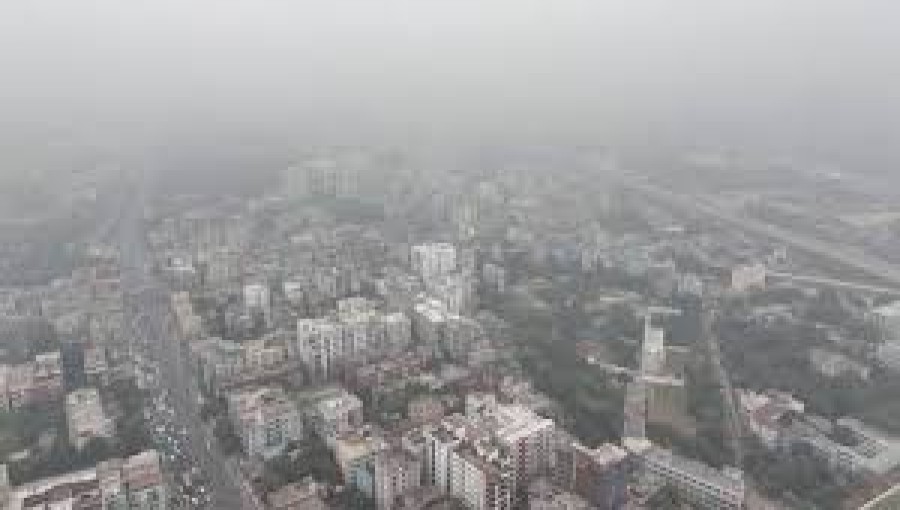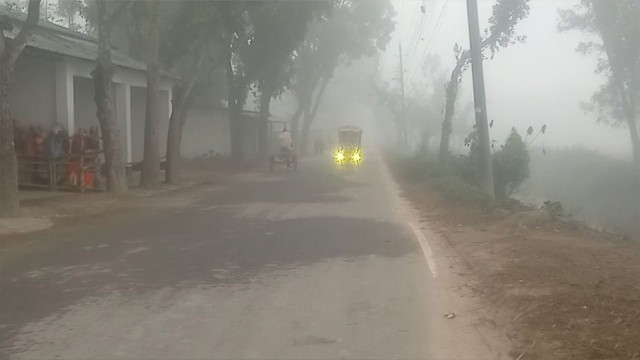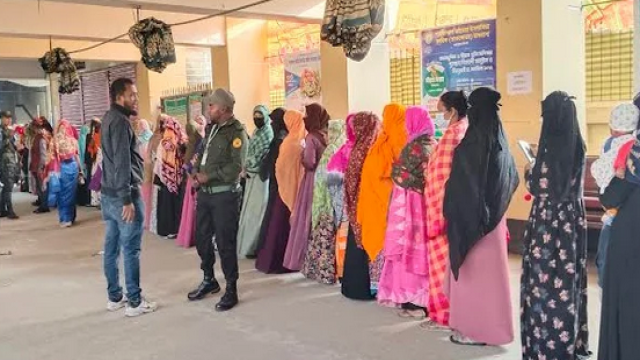Meanwhile, Kuwait City and Baghdad ranked first and second in the AQI list, with scores of 659 and 600, respectively. These cities are currently facing severe air pollution crises, with their air quality levels far surpassing what is considered safe. The AQI system, which is updated in real-time by the Switzerland-based IQAir, provides live data on air pollution levels in cities worldwide. It acts as an important tool for raising awareness and informing the public about air quality concerns.
The AQI categorizes air quality scores as follows:
51 to 100: "Moderate" or "Acceptable" air quality,101 to 150: "Unhealthy for Sensitive Groups" 151 to 200: "Unhealthy" 201 to 300: "Very Unhealthy" 301 and above: "Hazardous" or "Emergency" air quality
Dhaka’s air quality score of 285 falls under the "Very Unhealthy" category, which indicates that the air is severely polluted, and it can have serious health impacts, particularly for sensitive groups such as children, the elderly, and individuals with pre-existing respiratory conditions.
IQAir has also offered several health recommendations to mitigate the impact of the ongoing pollution. The most important of these is for vulnerable individuals, such as those with asthma or heart diseases, to wear masks when outdoors. Additionally, people are advised to avoid outdoor physical activities like exercise, especially in the early hours of the day when pollution levels are typically higher.
Environmental experts have raised concerns over the growing air pollution in Dhaka, warning that prolonged exposure to such hazardous air quality could lead to chronic health problems such as respiratory diseases, cardiovascular issues, and even long-term damage to the lungs. According to Dr. Saiful Islam, an environmental health expert, “Air pollution is not just an environmental issue, but a major public health crisis that needs immediate attention from the government and relevant authorities.” He further emphasizes the need for urgent steps to reduce emissions from vehicles, industries, and construction activities, which are key contributors to air pollution in Dhaka.
While the government has taken some steps to address air pollution, experts argue that more aggressive policies are required to curb the city's pollution levels. Solutions could include stricter vehicle emission standards, better waste management systems, and promoting the use of cleaner fuels.
The severity of air pollution in Dhaka is part of a broader issue affecting several South Asian cities. Studies have linked poor air quality to increased rates of mortality, as well as higher incidences of diseases like asthma, bronchitis, and lung cancer. The situation has led to growing concerns from environmental organizations about the long-term impact on public health.
In conclusion, Dhaka’s position as one of the most polluted cities in the world demands immediate action to improve air quality. Local authorities must adopt and enforce policies that prioritize the health of residents, reduce harmful emissions, and promote cleaner alternatives to ensure a healthier future for the city’s population. Until then, residents should take necessary precautions, especially those who are most vulnerable to the effects of air pollution.































Comment: